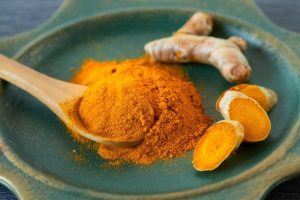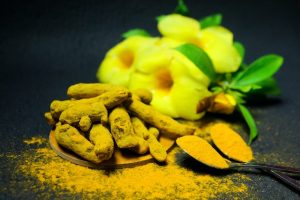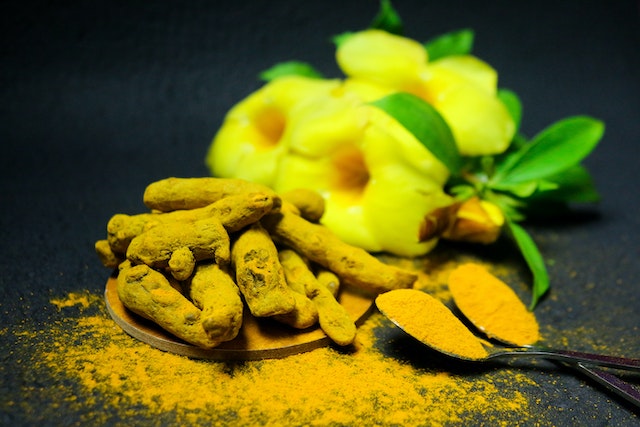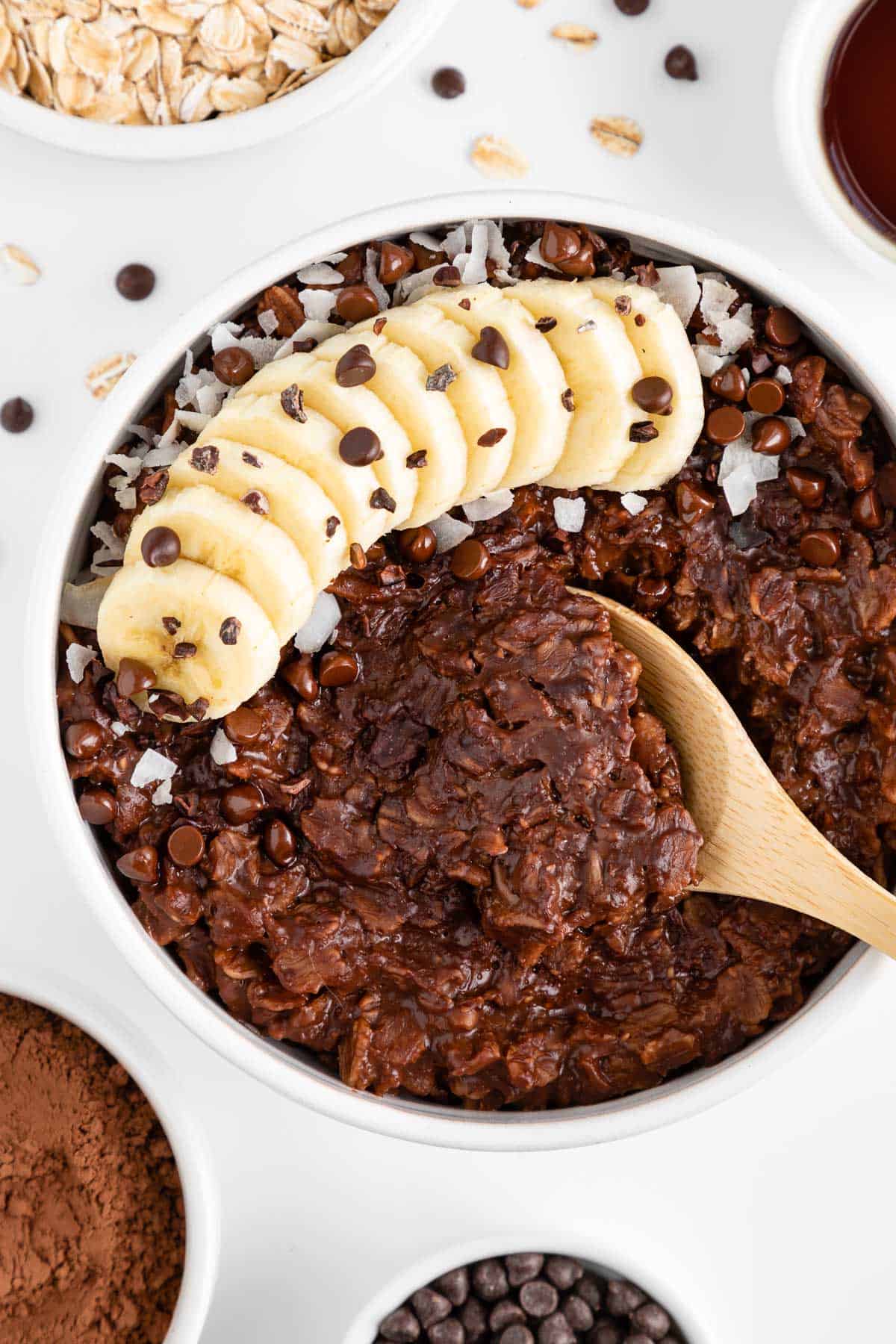The ancient spice, turmeric, is often celebrated for its vibrant color and culinary contributions, but it possesses a secret weapon that’s equally, if not more, impressive: its antioxidant arsenal. The active compound responsible for this powerful defense mechanism is curcumin, which gives turmeric its distinctive golden hue. In this detailed exploration, we will uncover the remarkable world of turmeric’s antioxidants and how they play a crucial role in protecting our cells and tissues from oxidative stress and damage.
Unveiling Oxidative Stress
Oxidative stress is a natural process in the body that occurs when there is an imbalance between free radicals and antioxidants. Free radicals, which are highly reactive molecules, can cause damage to our cells, proteins, and DNA when their levels become excessive. This imbalance is associated with a wide range of health problems, including aging, chronic diseases, and even cancer. It is within this context that the importance of antioxidants, like those found in turmeric, comes into focus.
The Power of Antioxidants
Antioxidants are molecules that have the ability to neutralize free radicals. They serve as our body’s defense system, preventing cellular damage and maintaining overall health. Turmeric’s antioxidants, primarily curcumin, are among the most potent and well-studied antioxidants in the plant kingdom.

Curcumin’s Role as an Antioxidant
Curcumin, the golden child of turmeric, is a polyphenol with exceptional antioxidant properties. Its effectiveness in combating oxidative stress is attributed to several key mechanisms:
1. Scavenging Free Radicals
Curcumin can directly neutralize free radicals, rendering them harmless and preventing them from causing cellular damage.
2. Enhancing the Body’s Own Antioxidant Enzymes
Curcumin stimulates the body’s own production of antioxidant enzymes, such as superoxide dismutase and catalase. These enzymes act as reinforcements in the ongoing battle against oxidative stress.
3. Metal Chelation
Curcumin has the ability to chelate or bind to metal ions like iron and copper, which can catalyze the production of free radicals. By doing so, it prevents the formation of additional harmful radicals.
The Benefits of Turmeric’s Antioxidants
The antioxidant properties of turmeric, driven by curcumin, offer a multitude of benefits for our health and well-being. Let’s explore these advantages:
1. Anti-Aging Effects
Oxidative stress is a primary contributor to the aging process. Curcumin’s antioxidant capabilities help combat the effects of aging by protecting cells and tissues from free radical damage.
2. Cardiovascular Health
Oxidative stress is a risk factor for heart disease. Curcumin’s antioxidant properties help reduce the oxidation of LDL cholesterol, a crucial step in the development of atherosclerosis. This makes it a potential protector of heart health.
3. Cognitive Function
As oxidative stress is linked to cognitive decline and neurodegenerative diseases, curcumin’s antioxidant properties can help maintain cognitive function and reduce the risk of conditions like Alzheimer’s.
4. Skin Health
Oxidative stress plays a role in skin aging and various skin conditions. Applying turmeric topically or consuming it can help protect the skin from premature aging and improve overall skin health.
5. Cellular Protection
Curcumin’s antioxidant defense extends to the cellular level, guarding against DNA damage and mutations that can lead to cancer.
6. Inflammation Control
Oxidative stress is closely tied to inflammation. Curcumin’s dual role as an antioxidant and anti-inflammatory agent makes it a potent ally in managing inflammation-related diseases.
Incorporating Turmeric into Your Diet
To harness the antioxidant power of turmeric, you can incorporate it into your diet in various ways:
1. Turmeric Supplements
High-quality turmeric supplements standardized for curcumin content are available and offer a convenient way to ensure a consistent intake of this antioxidant.
2. Culinary Delights
Adding turmeric to your cooking is an enjoyable way to experience its antioxidant benefits. It pairs well with a wide range of dishes, from curries to soups and roasted vegetables.
3. Turmeric Tea
Brewing a cup of turmeric tea, made by steeping fresh turmeric slices or turmeric powder in hot water, is a soothing and antioxidant-rich option.
4. Turmeric Face Masks
For skin health, consider using turmeric in homemade face masks or skincare products. Ensure you perform a patch test to avoid skin irritation.

Conclusion
Turmeric’s antioxidant arsenal, led by curcumin, is a formidable defense mechanism against oxidative stress and cellular damage. These antioxidants play a crucial role in maintaining our health and well-being, from protecting our cells and tissues to combating the effects of aging and reducing the risk of chronic diseases. As with any dietary or health-related changes, consult with a healthcare professional to ensure that incorporating turmeric aligns with your individual needs. By embracing the antioxidant benefits of this golden spice, you can fortify your body’s natural defenses and work towards a healthier, more vibrant life.










